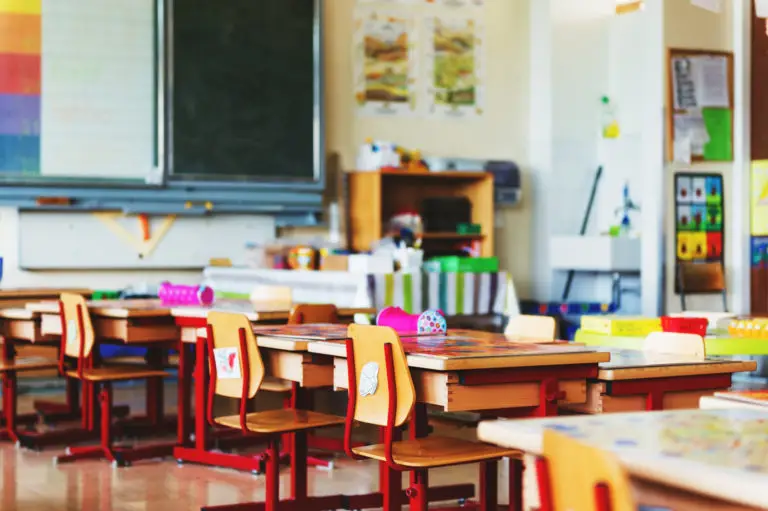The Prime Minister recently gave his address to the nation outlining steps to tentatively ease the partial lockdown, with new guidance on how schools might begin to reopen.
The proposed plan includes primary schools reopening in June as a priority, with secondary schools following later in a phased approach. However, there has been much debate around whether this timeline is safe for teachers and students to return.
While the timing remains subject to Covid-19 developments, schools are nonetheless looking ahead to reopening their doors and making the transition from remote learning back into the classroom in the not too distant future.
The education sector has had to rally in recent months to provide remote learning provision and support for vulnerable and disadvantaged students, and hardworking teachers have played a key role here. However, it has not been without challenges.
This begs the question, how has Covid-19 transformed education and what lessons can we learn going forward, in order to provide a better education experience for all students?
Accessibility of learning resources and support
Enabling students to continue their education at home has been the priority during this period and in the process, it has become apparent just how many children cannot access learning materials or study in a safe environment at home. Furthermore, students with Special Education Needs (SEN) have, in many cases, not had access to the support they needed, highlighting the lack of safeguarding and funding in place to support them.
Thankfully, many organisations have reached out to help those in need. In order to reach as many students as possible, organisations such as BBC Bitesize, Oak National Academy and Encyclopaedia Britannica have launched various initiatives to deliver free online lessons and resources for teachers, parents and pupils. The Government also responded with free school meal vouchers and laptops for the children that were most in need. Safeguarding organisations such as MyConcern have also taken action to ensure schools in need of a digital safeguarding system could have free access to their online safeguarding resource during this time.
Despite so many teachers and organisations rising to the challenge, this crisis has also highlighted weaknesses and inequalities in our current education system. Identifying those vulnerable students and making sure they have access to good quality learning resources inside and outside of the classroom must take priority going forward. This might mean additional funding and learning resources for pupils from poorer socio-economic backgrounds, and integrating more low-cost, low-resource learning materials into the curriculum which will make home learning easier.
Inclusion of edtech
Prior to the pandemic, edtech was a key part of the Government’s agenda for education, as demonstrated by its Edtech Strategy. This strategy has been shown to be more important than any of us may have imagined before.
It has been particularly important for Year 10 and 11 students with their GCSEs. Having access to resources that allow them to continue their learning throughout this period has prevented students from being robbed of an important part of their final years. This is so important, as many students will be concerned about the next stage in their academic lives and careers and would have suffered if they had not had access to schooling during this period.
Many students may have, in fact, found that the use of edtech and the ability to conduct remote learning suited them better than their normal provision, particularly given the intrinsic personalised and independent learning models that allow students to study at their own pace.
Increased support for teachers
Before the pandemic, teachers and schools were facing a crisis of their own. Teacher shortages and over-burdened workloads for teachers have long been an issue. With many teachers having to work through evenings and weekends just to keep on top of lesson planning and marking. The relative success of this period of remote learning raises the question, why aren’t we utilising edtech to support teachers in the classroom more?
It is likely that once we return to some semblance of normality, there will be a greater push to ensure teachers have increased technological support in the classroom. Hopefully, there is some scope to turn this crisis into something more positive when it comes to education. Once it safe to return to schools and normal practise starts to resume, it is important that we don’t simply return to the old way of doing things. We have learned a lot during this period, let’s put some of our newfound expertise to use and work to make the system better.




